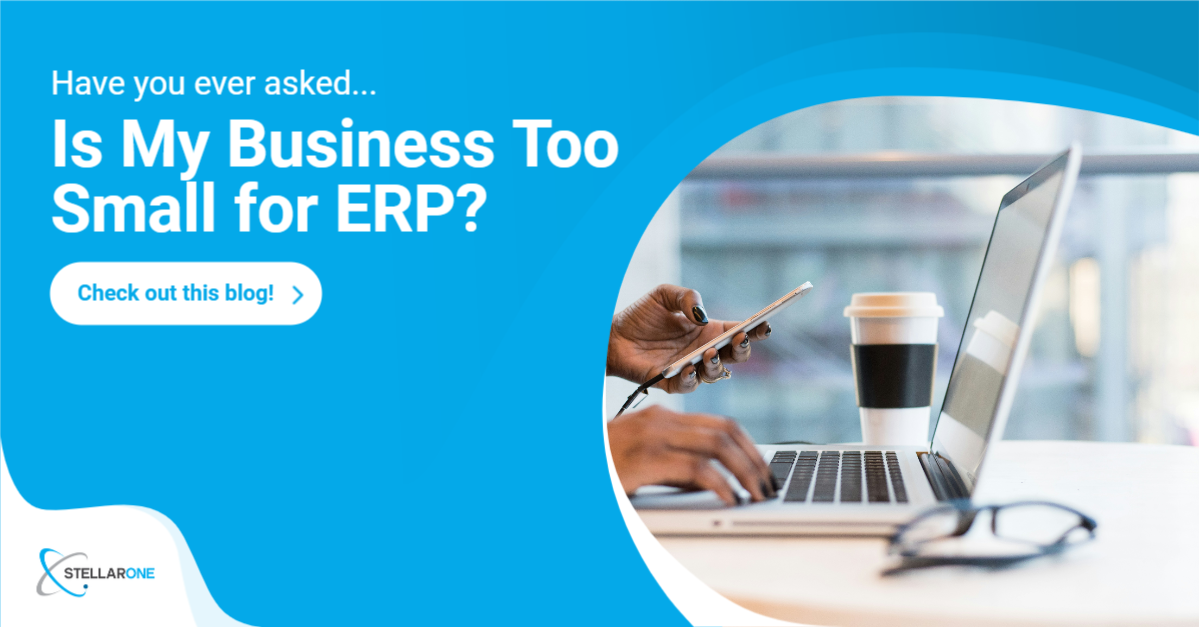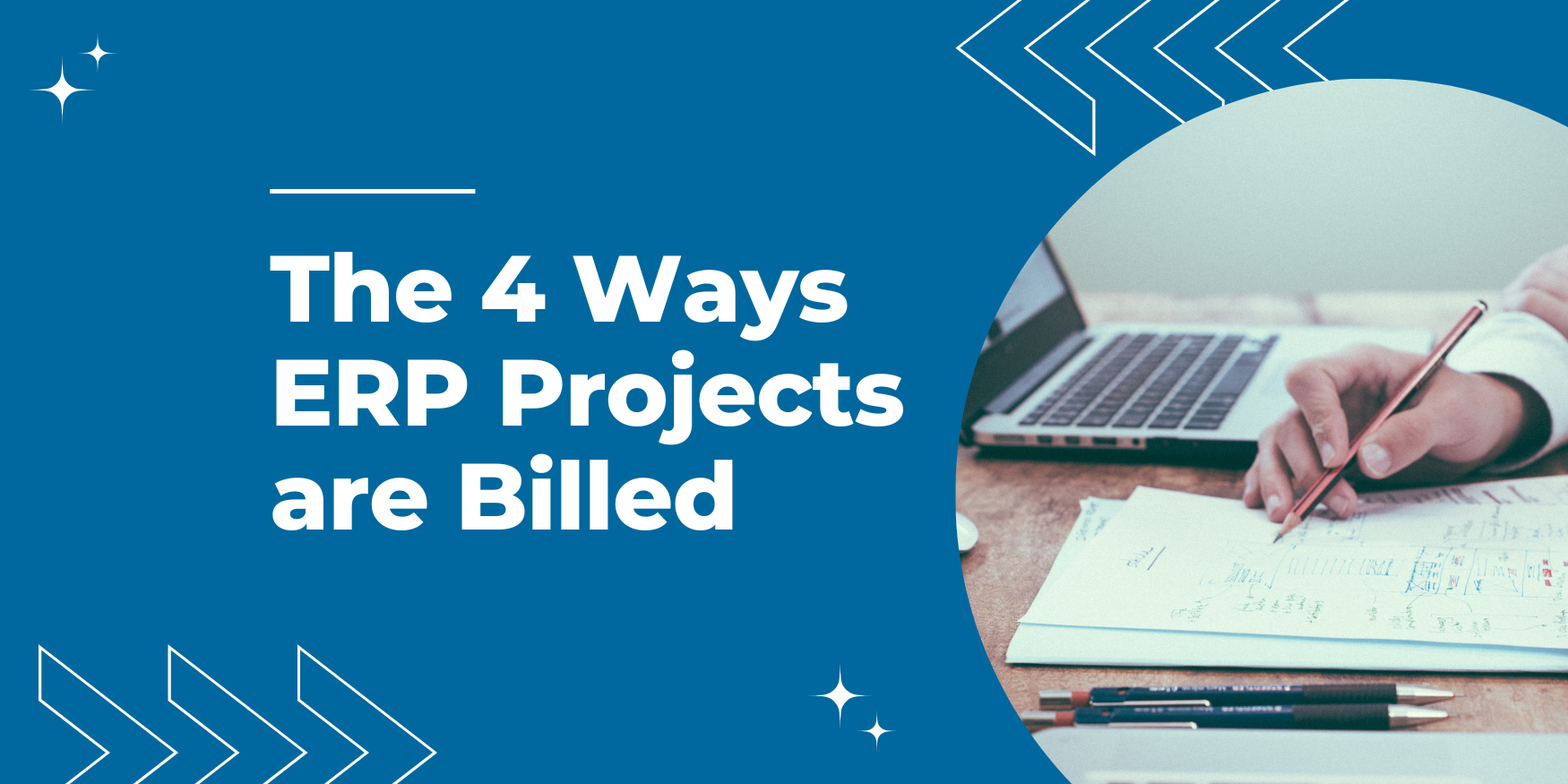
When it comes to implementing an Enterprise Resource Planning (ERP) system, many small business owners wonder if their company is too small to benefit from such a comprehensive solution. The short answer is no; your company is never too small for ERP. Let's explore why.
Understanding ERP
ERP systems integrate various business processes, such as finance, inventory management, human resources, and customer relationship management, into a single, unified system. This integration provides real-time visibility into your business operations, enabling better decision-making and increased efficiency.
Why Small Businesses Benefit
-
Scalability: As your business grows, so do your operational complexities. An ERP system can scale with your business, accommodating new processes and additional users without significant disruptions.
-
Efficiency: Small businesses often have limited resources. An ERP system automates routine tasks, freeing up your staff to focus on more strategic activities.
-
Data Accuracy: With an ERP system, data is entered only once and is accessible from anywhere, reducing the likelihood of errors and ensuring that everyone is working with the same information.
-
Competitive Advantage: Implementing an ERP system can give small businesses a competitive edge by providing insights into market trends and customer behavior, enabling you to respond quickly to changes in the market.
-
Cost Savings: While the initial investment in an ERP system may seem high, the long-term savings in time, resources, and improved decision-making can outweigh the costs.
Choosing the Right ERP for Your Small Business
When selecting an ERP system, consider the following factors:
- Size and Complexity: Choose a system that fits your current needs but can also accommodate future growth.
- Industry-Specific Features: Look for an ERP solution that offers features tailored to your industry.
- Integration Capabilities: Ensure that the ERP system can integrate with your existing tools and software.
- Cost: Evaluate the total cost of ownership, including implementation, training, and ongoing maintenance.
- Partner Support: Choose a partner that offers reliable support and training to help you maximize the benefits of your ERP system.
Conclusion
No company is too small for ERP. Implementing an ERP system can provide small businesses with the tools they need to streamline operations, improve decision-making, and stay competitive in today's fast-paced business environment. By choosing the right ERP system and leveraging its capabilities, small businesses can position themselves for long-term success.
Related Content

The 4 Ways ERP Projects are Billed
Introduction In today's rapidly evolving business landscape, project management is a critical element of success. As companies continue to adapt and...

14 Key Metrics for Subscription-as-a-Service Companies: The Business Processes They Represent, and the Decisions They Guide.
Subscription as a Service (SaaS) companies thrive on understanding and optimizing key performance indicators (KPIs). These metrics are insights that...


.jpg) Nick Buening
Nick Buening
